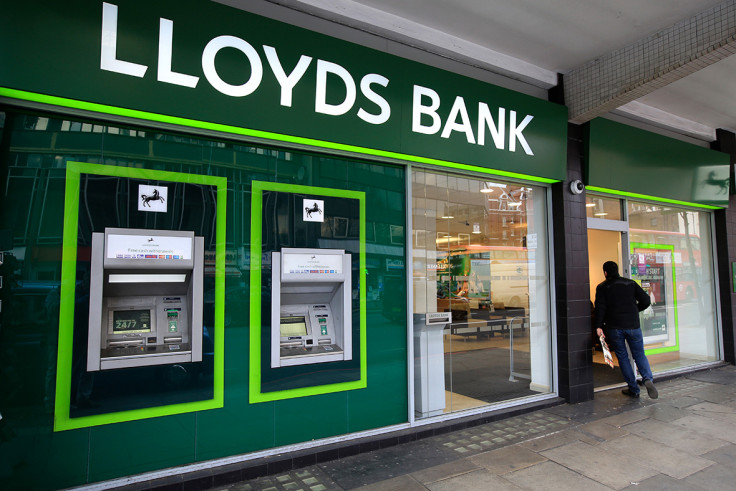Lloyds Bank profits jump in third quarter as PPI costs decline
Pre-tax profits for the three months to September rose to £1.95bn from £811m in the same period a year earlier.

Third quarter profits at Lloyds Banking Group have more than doubled on the back of improved net interest income and the absence of fresh provision charges.
Pre-tax profits for the three months to September rose to £1.95bn from £811m in the same period a year earlier, mainly due to the bank setting aside £1bn more last year to compensate customers who were sold insurance products they did not need.
Lloyds also credited a positive contribution from MBNA, a credit card business it acquired from Bank of America in December last year, for the rise in profits.
Britain's largest retail bank said it would take no fresh provisions to cover charges relating to payment protection insurance (PPI) claims, despite recording an increase in such claims from customers during the third quarter.
Lloyds' profits were up 38% to £4.49bn in the January to September period, building on the highest half-year profit in eight years reported by the bank in July.
"We have delivered strong financial performance with increased underlying and statutory profit, a significant improvement in returns and strong capital generation," Lloyds said.
"These results highlight the strength of our customer-focused, simple and low-risk business model and the benefits of our competitive advantage in the UK."
Lloyds has set aside £18bn to cover PPI compensation costs, more than any other UK lender.
The Financial Conduct Authority has been investigating mis-selling of PPI by British banks and began a £42m awareness campaign on the issue in August.





















